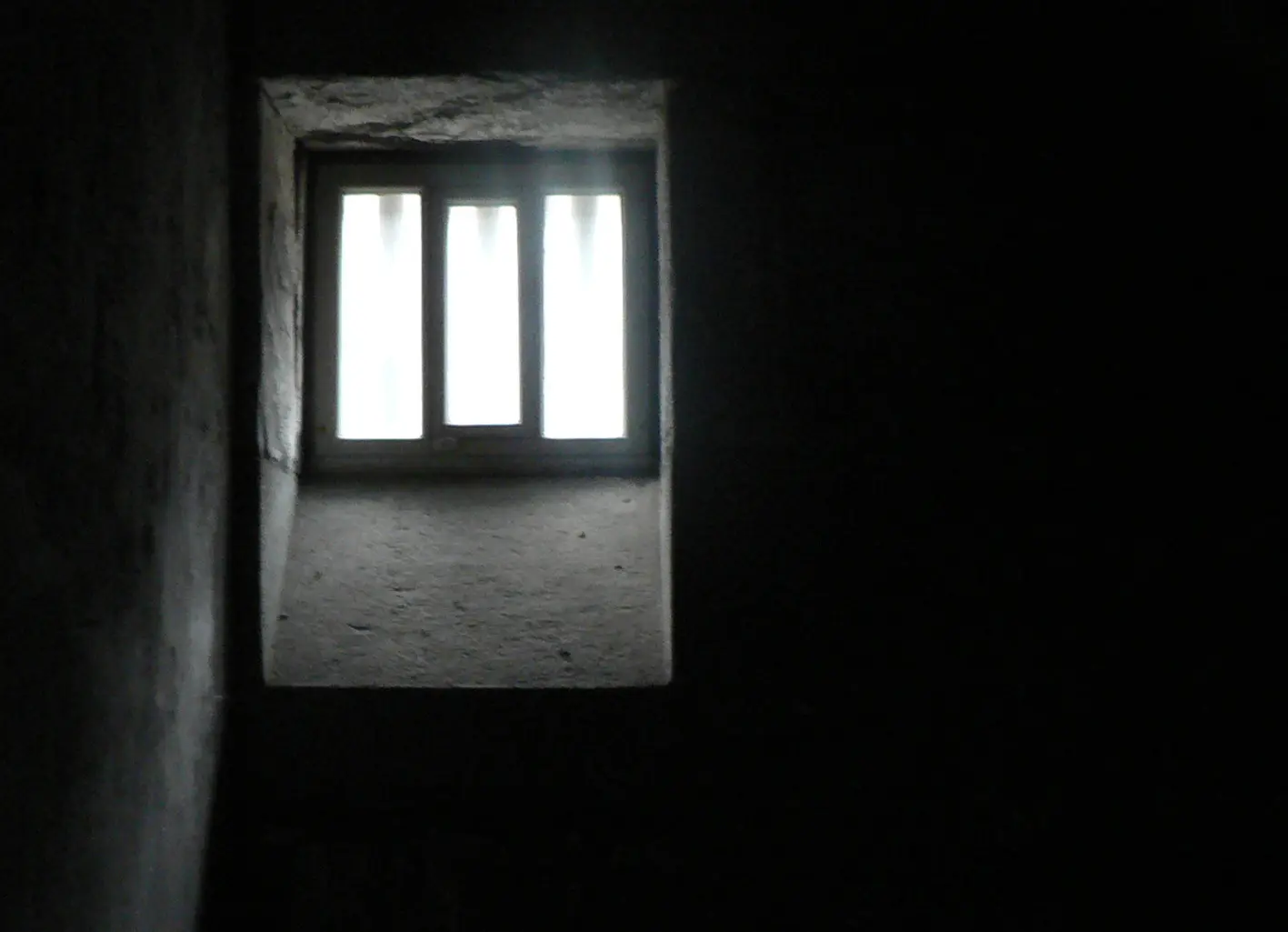
On 8 September 2016, the Zomba High Court delivered a judgment in which the Court set aside the conviction of nineteen (19) women who were found guilty of the offence of living on the earnings of prostitution. Since early morning, many sex workers and human rights activists gathered inside the Zomba High Court waiting anxiously to hear the decision, wearing t-shirts and holding posters saying “Respect all persons’ human rights and human dignity”. The applicants were represented by Fostino Maele.
In February 2016, 19 women were arrested and charged with the offence of living on the earnings of prostitution contrary to section 146 of the Penal Code. The women did not have legal representation and pleaded guilty. They were convicted by a Fourth Grade Magistrate in Dedza and fined MK7000 each.
The women with technical and legal support from the Southern Africa Litigation Centre (SALC) and the Centre for Human Rights Education, Advice and Assistance (CHREAA) took the Magistrate’s decision on review in the Zomba High Court on the basis that, amongst others, the police and magistrate have misinterpreted the offence of living on the earnings of prostitution and that the magistrate had no jurisdiction to hear a case relating to the offence of living on the earnings of prostitution.
The Zomba High Court found that the arrest and conviction of the women was procedurally irregular, unconstitutional and not based on evidence. The court noted that it was clear that the arrest of the women was carried out to embarrass and harass them. While certain aspects of the judgment still needs to be clarified, the court found that section 146 of Penal Code does not criminalise sex work. Noting the history of the offence, the judge held that the offence was not aimed at sex workers but at those who exploit them. The court ordered that the convictions be set aside and the fines be returned to the women.
“This is a significant victory for the fundamental human rights and freedoms of sex workers. Too frequently, women are unlawfully arrested and detained by police on the charge of ‘living on the earnings’ when there is no basis or evidence to do so. We are happy that the court has confirmed that the offence of living on the earnings of prostitution is aimed at protecting sex workers against those who try to exploit them. The arrest of sex workers under the guise of section 146 when there is no evidence to support the charge is a violation of their human rights,” says Victor Mhango, Executive Director of CHREAA.
“Though we still have to study the judgment, we nevertheless believe that it is a remarkable vindication for many sex workers who are unlawfully arrested under this offence without any evidentiary basis. All poor, vulnerable and marginalised individuals are fully entitled to fair treatment and due process of the law. Judicial officers and police must ensure that unrepresented individuals’ rights are protected throughout the criminal justice system,” says Tashwill Esterhuizen, Sex Worker Rights Programme Lawyer at SALC.
Information on the case is available at:
https://www.southernafricalitigationcentre.org/cases/ongoing-cases/malawi-challenging-the-use-of-the-offence-of-living-on-the-earnings-of-prostitution/
Issued by: The Southern Africa Litigation Centre (SALC) and the Centre for Human Rights Education, Advice and Assistance (CHREAA).



